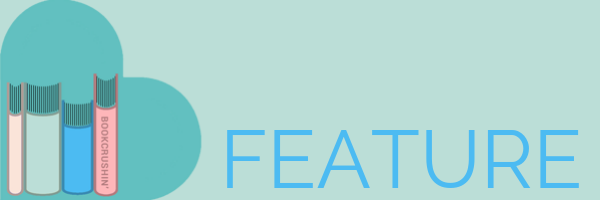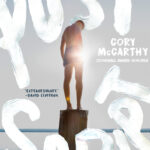
Feature: Watching Gilead From Here: The Handmaid’s Tale, Poster Girl, and the Problem of “After”
I (finally) finished The Handmaid’s Tale series and felt that familiar whiplash: turn off the TV, turn back to real life, and realize they’re not that far apart. The show captures the mechanics of authoritarianism, the quiet bureaucratization of cruelty, the way language gets laundered (“ceremony,” “salvaging”) until violence sounds like policy, the slow narrowing of options until refusal looks like choice. That feels uncomfortably current.
But the show also obscures something essential. Gilead, as depicted on screen, largely sidelines racism. In our world, race isn’t an add on to authoritarianism; it’s one of its operating systems. Policing, immigration enforcement, surveillance, family separation, disenfranchisement, these are not hypothetical instruments. A dystopia that renders race mostly ambient risks turning oppression into a universal aesthetic instead of a historically specific structure that lands hardest on particular communities. That omission lets some viewers imagine they’d be Offred, never Aunt Lydia, never the neighbor who looks away.
And racism isn’t the show’s only blind spot. The narrative often flattens the complexity of oppression, privileging June’s arc of individual heroism while minimizing the collective work that resistance actually requires (and we seem wholly unprepared for). When systemic violence is framed as a battle between a single heroine and a monstrous regime, it misses the messy, everyday, coalition-based labor that real liberation movements demand.
This overemphasis on the individual feeds into another critique: the show leans heavily on spectacle. Long, repeated scenes of torture, rape, and execution don’t always advance the story so much as aestheticize trauma. It risks numbing the audience, or worse, consuming oppression as entertainment. The violence is real, but the framing often shifts from interrogation to repetition.
Meanwhile, Canada is too often staged as uncomplicated salvation. It becomes a backdrop of refuge without grappling with its own colonial legacy, Indigenous dispossession, or complicity in global authoritarian practices. That kind of exceptionalism narrows the critique, offering an escape hatch that doesn’t exist for many people in the real world.
That’s why I keep pairing the show in my head with Veronica Roth’s Poster Girl. Roth shifts the camera to the “after.” Her protagonist wasn’t just surviving a toppled regime; she was (perhaps unintentionally) complicit in sustaining it, even glamorizing it. When the new order arrives, she’s forced into a brutal negotiation: help repair what was broken, and maybe you’ll be free. The book refuses easy binaries of villain and victim, and it insists on facing the thorny question: what does accountability look like when most of us are, in some way, entangled?
This is where Octavia Butler feels so essential. In works like the Parable series, Butler doesn’t just trace collapse; she explores how communities, grounded in care and imagination, might reassemble something survivable afterward. She forces readers to see that authoritarianism and liberation are lived collectively, not individually. Where The Handmaid’s Tale narrows into the trauma of one woman, Butler widens the lens to ask: What new ways of being could we build together, if we dared?
This “after” is where my anxiety lives. I’m scared of how far things might have to slide before people with power admit we’ve slid. I’m tired of performing the rituals of normalcy, Zoom calls, grocery runs, performance reviews, like the house isn’t already filling with smoke. And I’m haunted by the accountability problem Poster Girl won’t let us dodge: How do we move forward without reproducing the harms we claim to oppose?
A few threads I’m tugging:
Resistance vs. counter-governance.
Smuggling and secrecy are resistance, yes. But the “after” requires something else: institutions that can actually hold safety and rights without turning them into favors.
Complicity as spectrum, not binary.
Accountability that can’t metabolize ordinary complicity, neighbors, influencers, bureaucrats, even ourselves, risks either punishing symbolically or forgiving performatively. Neither repairs harm.
Transitional justice without carcerality.
We can’t simply inherit the old regime’s tools (databases, prisons, exclusion lists) and call that repair. That’s vengeance, not justice.
“Choice” under constraint.
Refusal doesn’t mean preference. Expanding choices requires expanding conditions: income, housing, health care, bodily autonomy, not just demanding people say “yes” to bad options.
So what might accountable “forward” look like while we’re still inside the storm? Protecting the record, resourcing repair at the scale of damage, designing consequences that shrink harm instead of expanding it, refusing the performance of “normal” when “normal” is the strategy.
I don’t know how far we’ll have to go before a real “after” is possible. I only know this: if we arrive there by recycling the master’s tools, spectacle, carcerality, heroic individualism, then we won’t have arrived anywhere new. The Handmaid’s Tale shows us the descent. Poster Girl asks what it costs to climb back out. Butler insists we imagine something else entirely.







